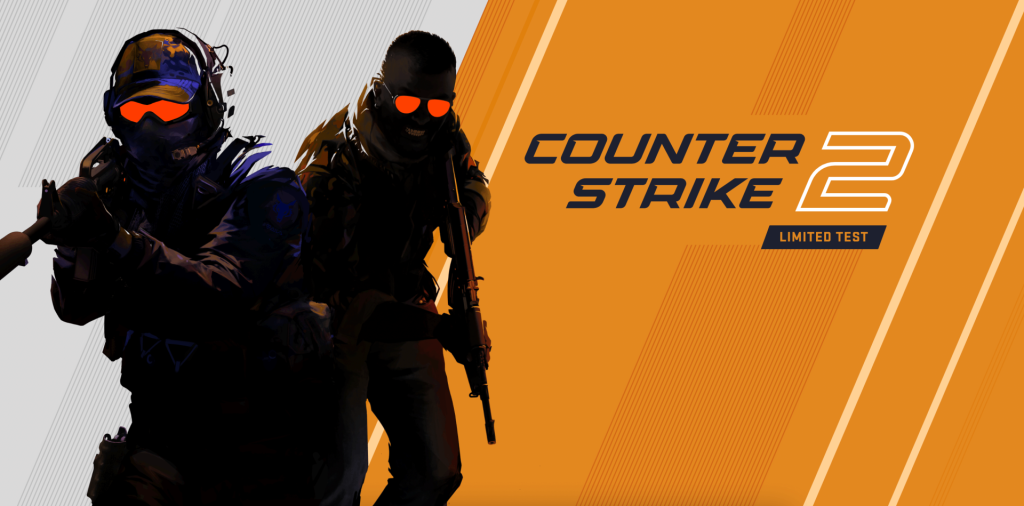
Game developer Valve has officially launched Counter-Strike 2, the much-anticipated successor to leading esports title Counter-Strike: Global Offensive (CS:GO).
Counter-Strike 2 (CS2) was released as an update that replaces CS:GO as opposed to a standalone game. It comes after more than a decade of history for CS:GO, during which the game franchise rose to mainstream prominence and etched its place as a core esports title.
“Counter-Strike 2 is here,” Valve announced in an official blog post, stating that the game is “the largest technical leap forward in Counter-Strike’s history, supporting new features today and updates for years to come.”
CS2 introduces several major gameplay changes that will majorly affect how the game is played competitively.
Amongst the biggest changes is a move from a MR15 to MR12, meaning the first team to win 13 rounds wins the game, rather than the current 16 in CS:GO. This will shorten matches — notably bringing it directly in line with rival VALORANT — which will change both how the game is played, and the length and viewing experience for fans.
Additional gameplay changes include a foundational shakeup to how grenades work, an update to many of the game’s maps, and a new in-game competitive leaderboard system. Counter-Strike has also received a technical overhaul, with a move to Valve’s newer Source 2 game engine and improvements to its tick rate server architecture.
While Counter-Strike 2 is now live for all players after a beta period, esports events will likely not transition to the new game immediately. The ongoing ESL Pro League Season 18 event will continue to use CS:GO, tournament organiser ESL confirmed.
Earlier this year, PGL announced it would host the first ever Counter-Strike 2 Major in March 2024 in Copenhagen. It is not yet clear when events would fully transition to Counter-Strike 2.
Stakeholders have reacted to the news positively. “We’re incredibly excited about the launch of Counter-Strike 2 and can’t wait to host our first dedicated event with the new game iteration,” ESL said in a statement. “Thank you for everything,” the company added in a separate post, alongside a fragmovie of memorable moments from the game.
FACEIT, a competitive tournament platform and tournament organiser with a storied history in the CS:GO scene, said: “Goodbye CS:GO – you’ll forever remain in our hearts.”
As an esports title, Counter-Strike regularly draws in millions of concurrent viewers for its major tournaments. The most popular CS:GO tournament of all time was the PGL Major Stockholm 2021, which reached a peak audience of 2.75m, per Esports Charts data.
CS:GO as a video game was also still growing in popularity before the update. The game broke its all-time player record in March, reaching 1.8m concurrent players on Steam.
